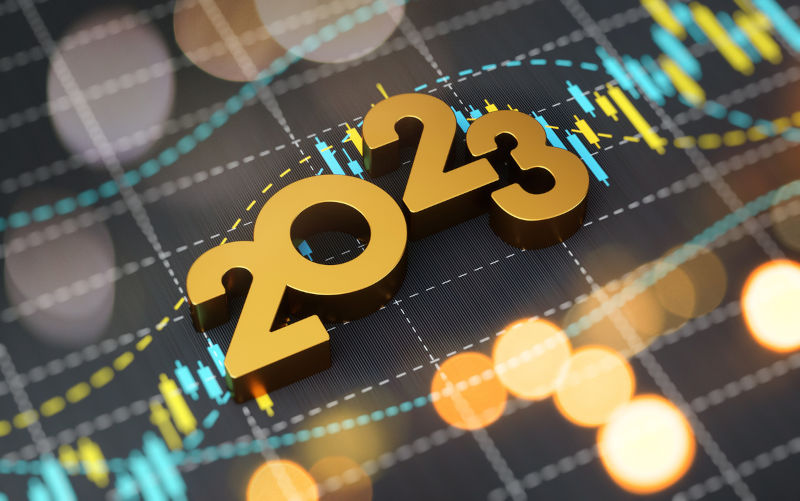We find ourselves in an election campaign framed by immediate cost-of-living issues, with the principal contenders pandering to an electorate they believe to be interested in nothing else. (more…)
Ken Henry
-

“A nation based on mercantilist plunder”
Australia has a reputation for egalitarianism. It is not deserved. (more…)
-

Australia’s remarkable current account surplus
In recent years, commencing in the pre-COVID period, Australia’s balance of payments has consistently recorded a surplus on the current account. This has confounded some commentators, especially those who followed the compelling ‘debt and deficit’ (and especially the ‘twin deficits’) narrative that emerged in the mid-1980s. Does it mean that that narrative should no longer haunt Australian policy makers? Or is there something even more concerning at play? (more…)
-

Ken Henry: The interests of the most disadvantaged are not being served by our tax system
Those who care about distributive justice cannot ignore the extraordinary intergenerational inequity inherent in our present tax system.
-
KEN HENRY supports Pearls and Irritations.
Pearls & Irritations should be a priority resource for anyone with an interest in public affairs who would prefer to hear the voice of experience. (more…)
-
KEN HENRY. A longer term look at the labour market.
The unemployment rate is relatively low and the participation rate relatively high. So the employment ratio is close to historically high levels. But that doesn’t tell us everything we need to know about the strength of the labour market. (more…)
-
KEN HENRY. Tax reform in 2020.
Largely because of the budgetary impact of the global financial crisis, we missed the opportunity a decade ago to fix the Australian tax and transfer systems. (more…)
-
KEN HENRY.-In these dreadful times,spare a thought for the wombat.
The iconic wombat has faced numerous challenges since white settlement of the Australian continent. And the events of recent months have elevated several threats. (more…)
-
KEN HENRY. The political economy of climate change
Myopia, loss aversion and free-rider problems undermine the provision of public goods, including global public goods like climate change mitigation. It’s easy to understand why climate policy has been a failure in Australia. But what happens when the central case of long-term projections, something outside of the bounds of what has been considered probable in the near-term, comes crashing into the present? That’s what our politicians were dealing with through 2006, following several years of drought. Eventually, entrenched positions were abandoned. Could we see this happen again? (more…)
-
Ken Henry. Fairness, opportunity and security.
The policy series ‘Fairness, opportunity and security’ begins on Monday May 11.
‘I can’t recall a poorer quality public debate, on almost any issue, than what we have had in Australia in recent times.’ Ken Henry
In December 1983 the $A was floated and restrictions on the free international movement of capital were abolished. On 1 July 2000 a broad-based goods and services tax replaced a plethora of highly inefficient, inequitable and unintelligible indirect taxes. These events ‘bookended’ an extraordinary period of policy reform that ‘opened up’ the Australian economy, transforming just about every aspect of microeconomic and macroeconomic policy and institutions.
It is sobering to wonder how much of what was achieved then could be achieved today. The Australia that was capable of delivering that policy transformation seems like a very different place.
In the early 1980s, Australian policy makers, haunted by another deep recession attributable to policy failure over many decades, found themselves on a burning platform. With high inflation and high unemployment, and another negative terms of trade shock that threatened a further hit to living standards, the imperative for action was broadly understood and accepted.
Today, Australians find themselves in an economy that has avoided three serious recessions affecting many other countries: one associated with the Asian Financial Crisis of the late 1990s; another associated with the ‘tech wreck’ stock market crash and subsequent developed world recession a few years later; and a third, more recently, as the so-called Global Financial Crisis paralysed the rest of the developed world.
Unlike most of the rest of the developed world, the Australian economy has continued to experience low inflation, relatively low unemployment, and rising average living standards.
It must be tempting to conclude, as many people have, that because of our strong economic performance, Australians have simply become complacent. And that complacency could provide a reason for Australians being so disinterested in further economic reform; and so disinterested, too, in addressing the wider set of challenges and opportunities associated, especially, with unsustainable environmental practices and the economic, social and security dimensions of the emergence of Asian powerhouses in China and India.
But Australians might not be complacent. It is just as likely that they don’t understand what is going on. Indeed, given the quality of contemporary public policy debate, I wonder that any significant proportion of the population could have a coherent view of national challenges and opportunities. The confusion in public debate seems to me to be a lot worse than at any other time over the past 25 years or so. Indeed, I can’t recall a poorer quality public debate, on almost any issue, than what we have had in Australia in recent times. Today, it is almost certain that, in almost any area, what people generally understand to be the case is, in fact, a myth.
For example, one could conclude from commentary on the challenges facing trade-exposed Australian businesses that our future in the Asian century rests on winning a race to the bottom on wages, taxes, social protections, environmental standards and animal welfare. The truth is very different. An Australia that has made a success of the Asian century will feature Australian businesses deeply integrated into the economies of Asia, through trade and investment linkages and in partnership with regional businesses, employing people in Australia and from across the region, supplying global markets. It will feature a highly skilled and educated, dynamic and optimistic Australian community that understands the region’s diversity and builds enduring relationships with its people through tourism, education, science and research collaboration and cultural exchange. And it will feature Australian governments, at all levels and in all parts of the country, enjoying productive relationships in the region, based on consultation, collaboration and mutual respect.
The challenges posed by the Asian century should energise a focus on the quality of Australia’s national endowments, both natural and created. But Australia’s success in the Asian century will rest on more than this, demanding the development of collaborative business relationships with Asian partners, a strong contribution to sustainable security in the region, and deep and enduring people-to-people links across a broad sweep of human activity: commercial, social, cultural and political.
Among the many public policy requirements of this time, I would draw attention, especially, to these: the more effective protection of vulnerable species and eco-systems; the need for high yielding investments in human capability and physical capital, including both economic and social infrastructure; the development of effective commercial, cultural and security relationships in the Asian region; and insisting that national benefits are shared widely so that all Australians, especially those suffering entrenched disadvantage, have the opportunity to choose a better life.
It is my hope that the writings you will find here will play a substantial role in improving the quality of public policy discourse, in these and many other areas. You will read contributions from people who know what they are talking about, and who care about the impact of their ideas. Many of the writers have been here before; taking responsibility for the quality of public policy debate, playing key roles in the development of better policy outcomes.
Dr Ken Henry AC was Secretary of the Department of the Treasury from 2001 to 2011.
